Place your adverts here on InfoDig @ low rates; banner ads, sponsored links and guest articles etc. Contact us
Watch key moments from the US vice-presidential debate
During the first and only vice-presidential debate, JD Vance and Tim Walz launched attacks on their presidential opponents and sparred over international conflict, the US economy, immigration and abortion rights.
It was still perhaps the most civil debate of the campaign season - with a largely cordial tone and even moments of agreement - but it also featured several heated moments and at least one muted microphone.
Here are some of the most memorable moments of the debate between former President Donald Trump and Vice-President Kamala Harris's running mates.
1) Immigration clash leads to muted mics
Watch: Mics muted after host fact-checks Vance on Springfield migrants
Immigration was a key topic throughout the 90-minute debate. Vance, a Republican senator from Ohio, frequently returned to the issue of the US southern border and immigration, viewed by voters as a weakness for Democrats.
Walz, the Democratic governor of Minnesota, countered that Trump helped torpedo bipartisan legislation backed by the Biden administration that would have enacted some of the most toughest immigration policy in US history.
The discussion ultimately turned tense when Vance was asked about false claims he made about Haitian migrants in Springfield, Ohio. Vance and Trump previously shared conspiracy theories that migrants came to the US illegally and then ate household pets in the small city.
When a CBS moderator tried to correct Vance over the claims, noting that the migrants in Springfield are there legally, the Ohio senator spoke over the hosts, who then muted his microphone.
2) International conflict looms over contest
The first question put to the candidates was on many Americans' minds Tuesday: the conflict in the Middle East.
Both Walz and Vance took the stage just hours after Iran launched a missile attack on Israel, whose prime minister - Benjamin Netanyahu - pledged that Iran would pay for the strike.
Appearing nervous, Walz stumbled during his first response as he repeated Harris's promise of iron-clad support of Israel.
Vance, meanwhile, reiterated one of Trump's main talking points: that no new world conflicts broke out during the former president's time in office.
Neither man, however, would say if they approve of a preemptive strike by Israel on Iran.
3) Walz digs in on abortion and Vance shifts position
Vance: We need to earn Americans' trust back on abortion
Abortion rights, a top issue in the 2024 election, sparked one of the longest and most heated debates of the night.
It's an issue Democrats have used to galvanize voters, regularly framing Trump as a threat to women's autonomy because of his role in appointing a conservative majority to the Supreme Court. The court later overturned Roe v Wade, the ruling that had protected abortion rights in the US for decades.
Walz took a similar approach Tuesday, citing the stories of Amber Thurman and Candi Miller, two Georgia women whose deaths were connected to abortion restrictions in their home state.
Until a state judge struck down the Georgia law, abortion was banned in the state after six weeks.
Vance, meanwhile, said his opinion on the issue had changed. He previously supported some type of national restrictions on abortion, but said his position shifted when he saw the majority of Ohio voters supported access to abortion.
4) 'I'm a knucklehead at times'
Walz on Tiananmen claim: I'm a knucklehead at times
Just before the debate, Walz's previous claim that he was in Hong Kong when the Tiananmen Square massacre occurred in June 1989 collapsed under fresh scrutiny.
"I'm a knucklehead at times," Walz said when asked about it during the debate.
The Minnesota governor clarified that he had misspoken, saying he was influenced by the events because he had arrived in China that summer.
Vance also was asked to answer for some past comments, including prior attacks on his running mate, Trump, who he once called "America's Hitler".
The Ohio senator said in response that he, like many people, has made mistakes in the past.
"I was wrong about Donald Trump," Vance told the moderators.
5) Politeness takes centre stage
The vice-presidential debate stood in stark contrast to Kamala Harris and Donald Trump’s first encounter last month, when insults flew and interruptions were frequent.
Starting off the night with a handshake, both Vance and Walz proceeded to address each other politely and with great civility. The two even exchanged smiles periodically, at times agreeing with what the other had said.
There were only a few heated moments throughout the debate. The discussion grew somewhat tense when moderators asked about abortion and immigration, but the two men largely stayed away from personal attacks.
They did direct some fire at the top of the ticket, however.
6) Vance defends Trump over Capitol riot
In another tense moment, Vance was asked about Trump's false claims that the 2020 election was "rigged".
The moderators also raised Vance's previous comments that he would not have certified the 2020 election results as vice-president.
The Ohio senator maintained his support for Trump, saying the former president had asked demonstrators on 6 January - the day of the Capitol riot - to protest peacefully.
He added that Walz will "have my prayers, he'll have my best wishes and he'll have my help" if the Democrats win the election, but maintained that there were legitimate questions to raise about voting fraud and security.
His answer was met with some scepticism from Walz, who said he and his opponent were "miles apart" on the issue of 6 January and election integrity.


More on US election


North America correspondent Anthony Zurcher makes sense of the race for the White House in his twice weekly US Election Unspun newsletter. Readers in the UK can sign up here. Those outside the UK can sign up here.

 3 hours ago
17
3 hours ago
17
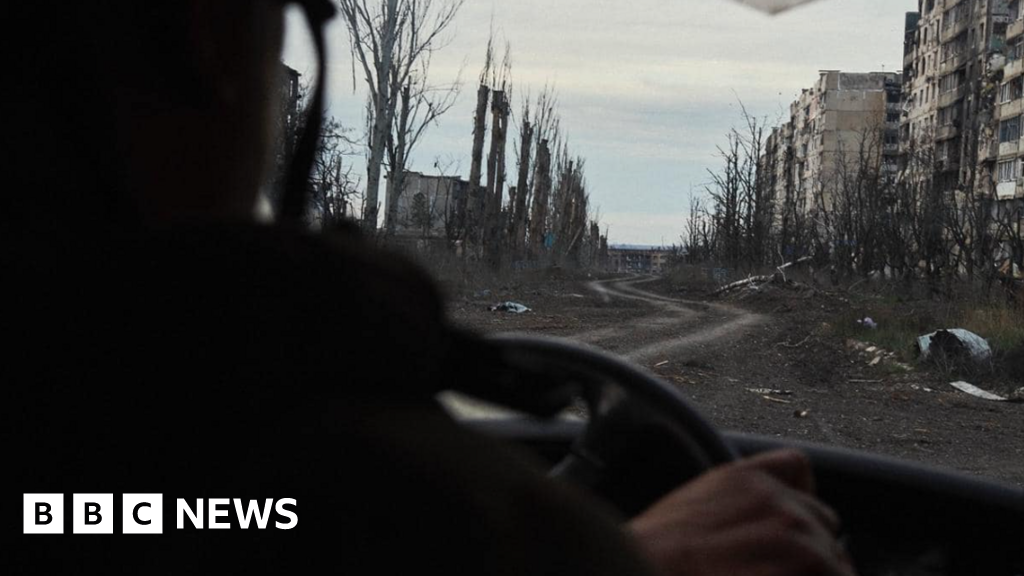
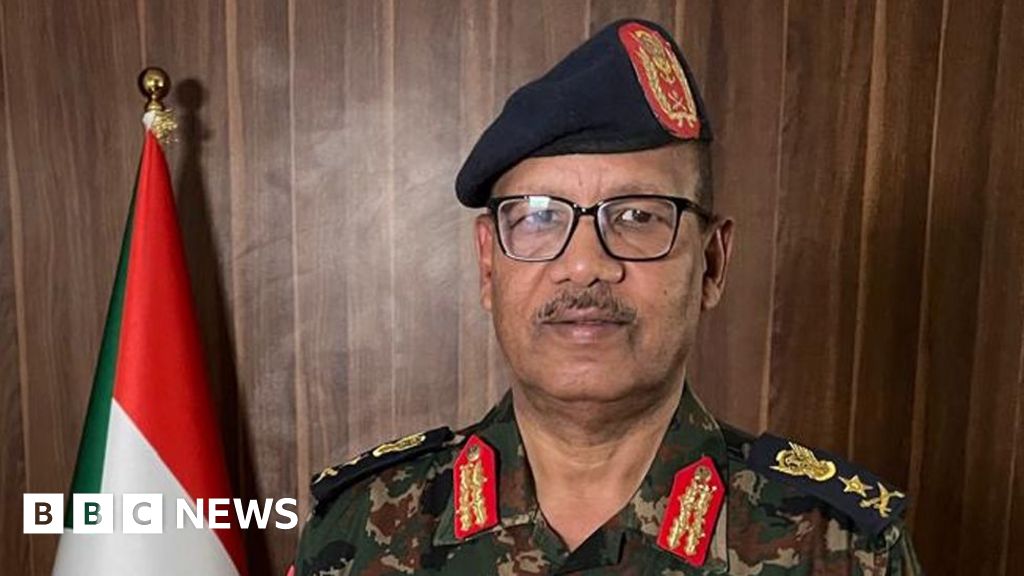



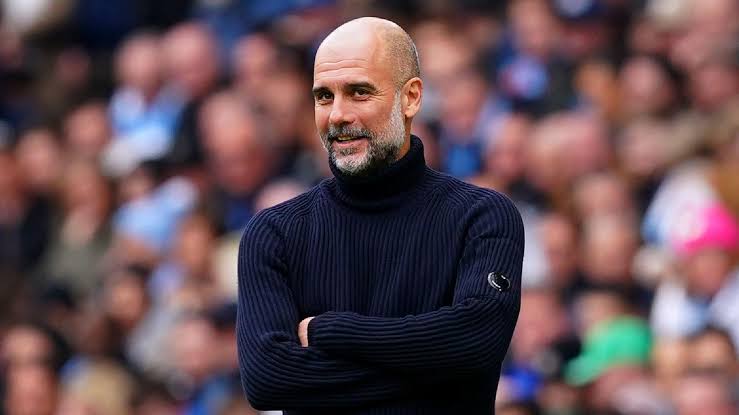

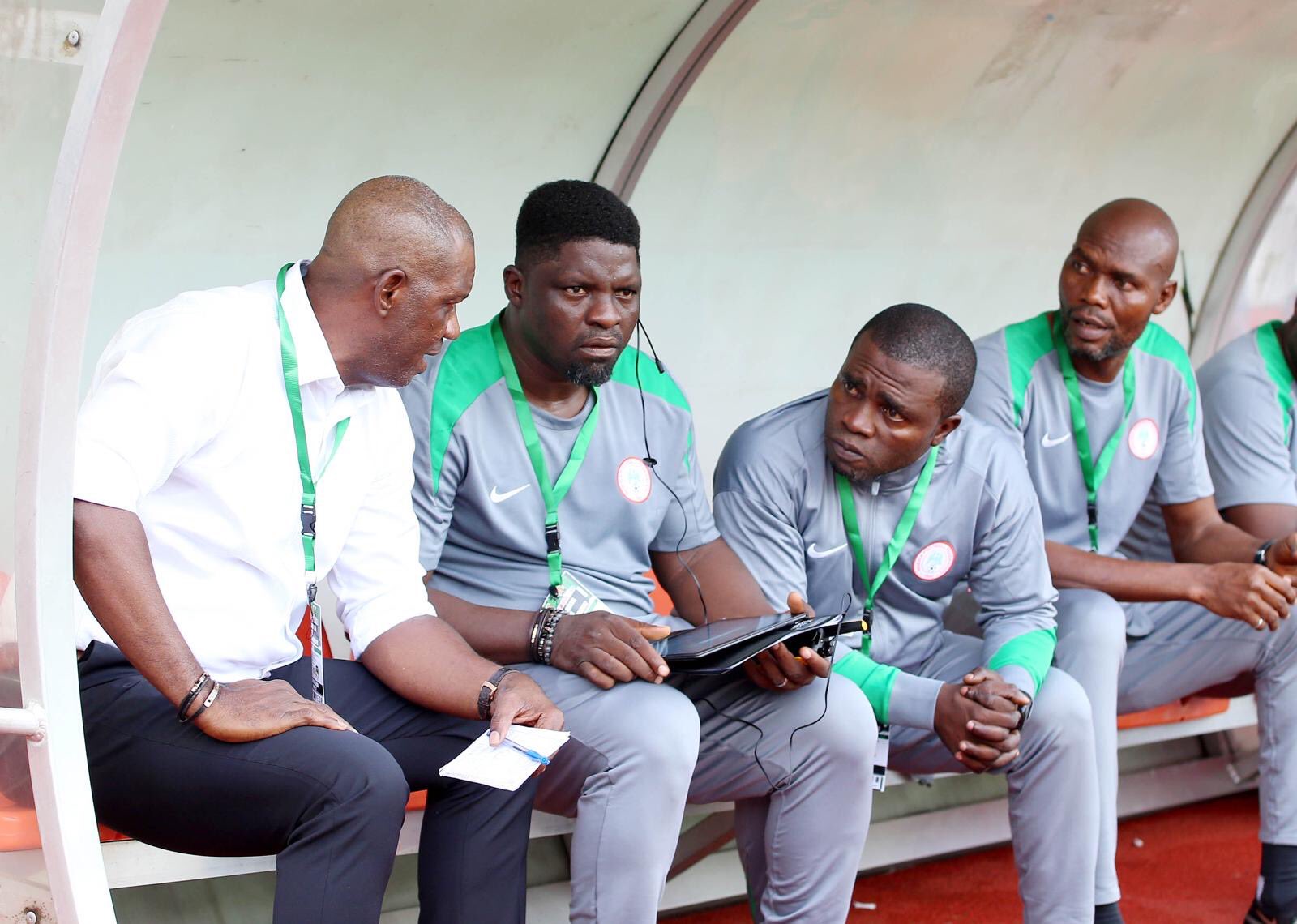
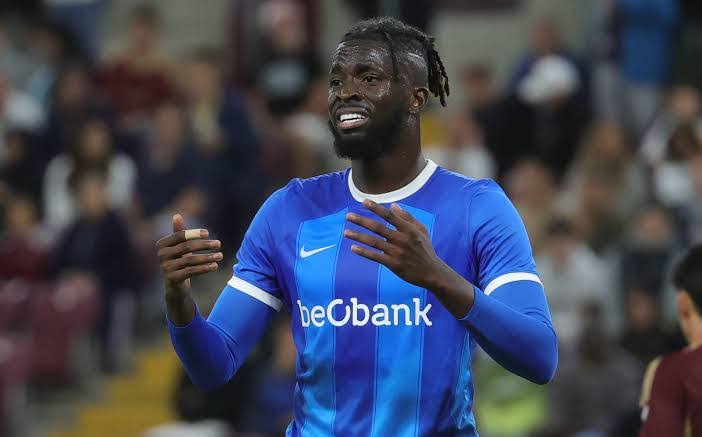





 English (US) ·
English (US) ·